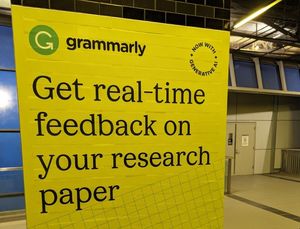Our bibliographic systems are like an archipelago. Scattered islands which need to be visited individually. In this context I was interested to read Bob Wolven:
Now, however, more radical change seems both possible and responsible in light of developments taking place outside library cataloging. The balkanized system that has characterized information retrieval to date—in which researchers use one tool to find books and journals, another to find journal articles, a third to track poems, and so forth—has allowed library cataloging practices to be evaluated in isolation. Rules and the data they generate are seen as more or less valuable in relation to their impact on the library OPAC; in turn, OPACs are seen as more or less effective for their ability to use and present cataloging data. Now, this hegemony is being challenged: metasearch tools bridge formerly separate search environments; search engines draw on multiple sources to present alternative interfaces to both popular and scholarly resources; full-text aggregations, Google Book Search, and Microsoft’s Live Academic Search extend the reach of discovery into the content itself. [In Search of a New Model – 1/15/2008 – netConnect]
I sometimes puzzle over the emphasis on next generation catalogs. Of course, it is easy to understand, given the local control. But it is only one island, an important one, but one destination among several. What about all the other databases?
What questions about the value of the controlled data in our catalog records (names, subjects, etc) will we ask as it begins to be merged more with data created in different regimes? We can already see this happening in the environments that Bob mentions, and in new integrated discovery environments like Primo, Encore and Worldcat Local.



